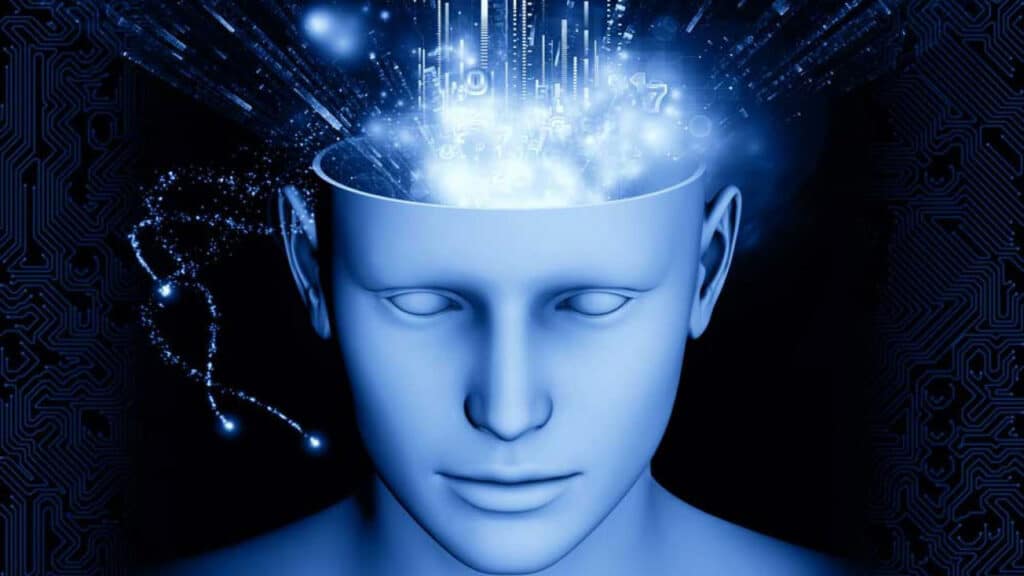It’s hard enough figuring out a reason to do something you don’t really want to do. What about when you do something, but you don’t know why? Motivation isn’t always conscious, and that can make it even more difficult to understand.
Unconscious motivation was particularly important to Sigmund Freud, the man who completely changed the field of psychology but whose ideas are viewed very critically with the modern eye. Freud established the branch of psychology known as psychoanalysis, which does still have a powerful influence on perceptions of psychology today, despite the criticisms.
When you think about it, it’s not that strange that we might have motivations that even we ourselves are not aware of. The human body does lots of things without conscious effort, like breathing. If you’re not concentrating on your own breath and trying to control it, it’s likely it will just carry on as normal because some part of you knows it’s important.
Likewise, if there’s something you need for your emotional wellbeing, you may try and seek it out, even without realizing it. Perhaps you don’t want to admit what you want because you’re scared or ashamed of the impulse. Perhaps you’re experiencing a feeling of emptiness but don’t know how to fill it.
For people with conditions like attention deficit hyperactivity disorder (ADHD), motivation and executive functioning can be particularly tricky. The brain literally can’t motivate or react in the same way as a neurotypical brain, in part for chemical reasons like dopamine levels. Someone who hasn’t been formally diagnosed with ADHD might not understand why they just can’t seem to behave in the same way as neurotypical people.
Why people do things is an important issue with some hefty implications. That’s especially true in matters like criminal law, where it could mean the difference between a murder or manslaughter charge, being acquitted on the basis of self-defense, or being found not guilty by reason of insanity.
That means that unconscious motivations, if they exist, could cause a lot of problems. Psychoanalytical therapy, or its successor, psychodynamic psychotherapy, can try to help you dig up those parts of your mind that you’re not consciously aware of but are still affecting how you think and behave.
There may be debate about the nature of unconscious motivation, but it’s never a bad thing to develop more self-awareness.




